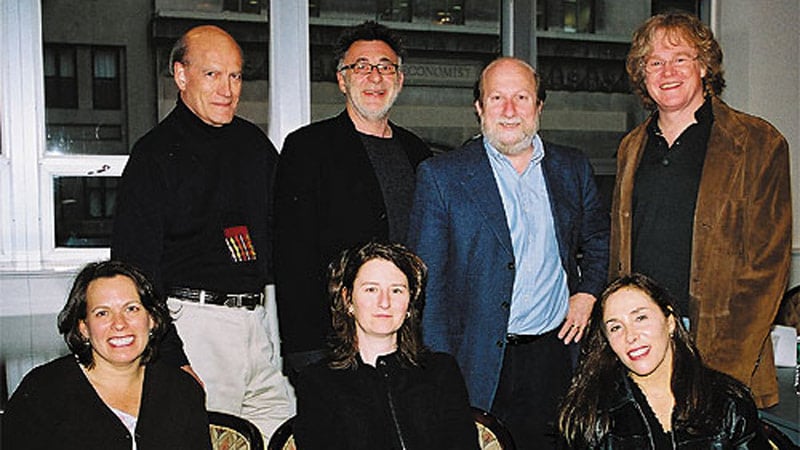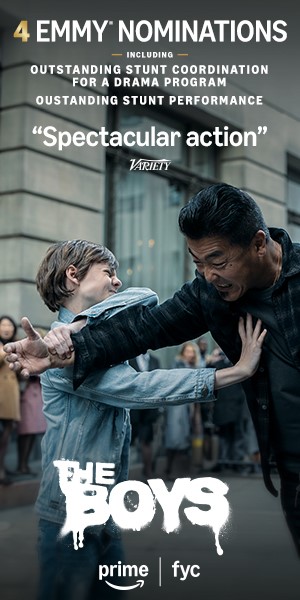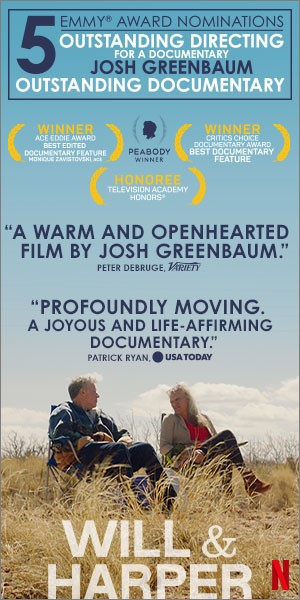Any director will tell you that they depend on relationships with a number of artisans and technicians of various disciplines in order to translate their vision to the screen. But one of the more important relationships, and conversely the least talked about, is the one they have with the unit production manager (UPM). Moreover, any production manager will tell you that on the set, more often than not, they are met with resistance and sometimes plain derision because, so often, they are associated with saying the phrase, "Not enough money" or more simply put, "No."
On May 5, the DGA hosted a conference between experienced professionals from both fields in its New York office. On the director side of the table sat Susan Seidelman (Sex and the City, Now and Again), David Jones (The Education of Max Bickford) and Edward Bianchi (The Beat, Homicide: Life on the Street). On the other side sat production managers Harvey Waldman (upcoming Stepford Wives, Changing Lanes), Blair Breard (Down to Earth, I Shot Andy Warhol) and Alysse Bezahler (The Sopranos, The Ice Storm).
Director David Scardino (Ed, The West Wing) moderated and began on a humorous note: "The UPMs requested that we stop at 8:30, otherwise we're into meal penalty."
The production managers described their role on the set as having to walk the fine line of finding a way to get the director what he or she needs while maintaining fiscal responsibility for the entire production. "It's largely about trying to figure out how to get the most out of the money, figuring out what the director needs, and really busting your ass to give the director what they want," Breard said. But, of course, the UPM ultimately answers to the studio.
"The first thing a movie is given at a studio is a number," Waldman said, "and as UPM you have the unfortunate task of being the lonely voice who has to constantly define the limits." Bezahler put it even more frankly: "Bottom line is money. That's the business. It is a business."
She added that often production managers are not looked upon as advocates for the director's vision, and, admittedly, some production managers grow in to such a mindset after years of being regarded that way. That, coupled with a director who, as Seidelman described, "starts things out in an adversarial role" can make for a difficult time not only for the director and UPM, but the crew as well.
"Dealing with the crew is a very, very big deal because you often have to mediate what's going on with the director and how the crew perceives the director," Breard added.
On the other end, the crew's perception of the UPM can be just as important to the tone of the set. "You walk on to a show where the UPM is not popular, you know it. It makes your job twice as difficult. Whereas if they are happy with the UPM, it makes things go that much smoother," Jones said.
Both directors and production managers agreed that it is crucial to the outcome of the final product for UPMs to be included in the creative process. "I think you have to involve them artistically because you're, in a sense, trying to get them to share your vision in what it is you're trying to do," Jones said. "Then they've got to make the decision on whether or not the decision is going to break the bank."
An audience member quipped that, "All a UPM has to do to be included in the creative process is after the first run of dailies tell the director how great they looked, which drew laughs from the crowd."
Equally important is for directors to be aware of the budget constraints. "Directors can't just stand behind the cloak of creativity and not understand how the dollars and cents actually work," Scardino said. However, Waldman cautioned against hamstringing the director's creativity by making them too financially responsible because that's the UPM's job.
All seemed to agree that the collaboration between UPM and director is closer on smaller films. "The UPM is much more involved with the director because 95% of the time you don't have the money to do what you want to do," Bezahler explained.
All of the UPMs attending the discussion have backgrounds in the arts, varying from being a punk rocker (Breard) to dabbling in cinematography (Bezahler) to acting (Waldman) and were therefore uncomfortable being seen only as "money people."
"My loyalty is to the movie. It's always to the movie," Breard said. "It's constantly trying to find savings to give the director what he or she needs. You don't want to give money back to the studio. You don't want to come up with savings because you really haven't done your job. Why give it back to the studio when you could have put it on the screen."
Editor's note: At the annual membership meeting in Los Angeles in May, UPM Kim Kuramada announced the formation of a new DGA committee to look at ways to increase the collaborative nature between UPMs and directors. In addition, a future issue of DGA Magazine will feature an article on successful director/UPM collaborations.





